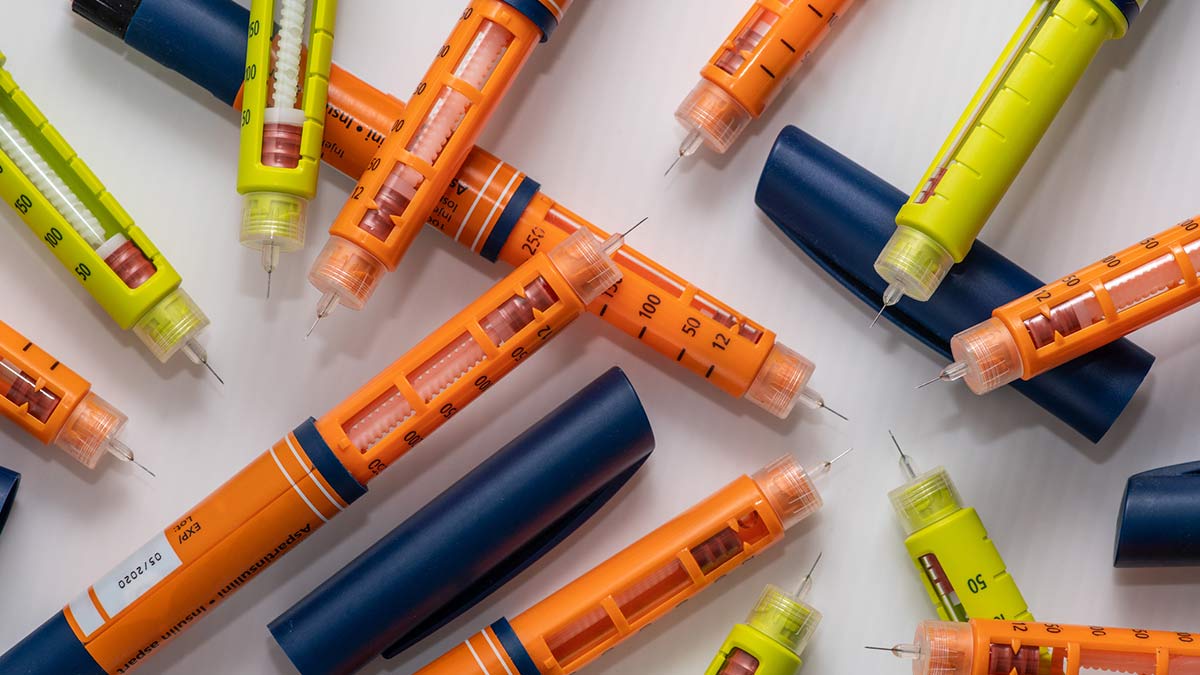The Janssen Pharmaceutical Companies of Johnson & Johnson have announced that STELARA® (ustekinumab) One-Press, a single dose, patient controlled, pre-filled pen, has been approved for use within Ireland for patients with Inflammatory Bowel Disease (IBD).
One-Press was designed for easy patient use, with a convenient, controllable injection pen that allows patients to control the injection speed. Ustekinumab is administered initially intravenously, and then as a subcutaneous injection every 12 weeks (or every eight weeks, based on clinician judgment) starting at week 8, which is one of the lowest dosing frequencies amongst biologics and small molecules in IBD.
Dr Jane McCarthy, Consultant Gastroenterologist, Mercy University Hospital, Cork said: “The availability of a One-Press device for Irish patients living with Inflammatory Bowel Disease is a welcome development. Patients often struggle to administer treatments with conventional syringes, which can reduce treatment adherence and impact long term outcomes. The One-Press device alleviates this struggle by allowing patients to easily self-administer their ustekinumab treatment with a device that is both simple and intuitive to use. In doing so, Irish patients living with IBD can take more control over the management of their condition.”
Data shows that for patients using the One-Press:
98% of patients reported that they were satisfied or very satisfied with self-injection at Week 12 of use;
97% of patients reported that the pre-filled pen is easy to use;
97% of patients liked being able to control the speed of injection.
The nature of the pre-filled pen also gave patients confidence when injecting, with 95% agreeing they could easily tell when their injection was finished. In addition, the hidden, protected needle may reduce patient anxiety around accidental injection.
Amy Kelly, Head of Communications and Fundraising at Crohn’s & Colitis Ireland said: “Living with IBD can be incredibly challenging and painful, having a huge impact on daily life for many. The availability of this device for Irish IBD patients is a welcome development, giving patients confidence and greater convenience with their treatment. It is important that patients understand that this treatment option is available and to discuss it as an option with their healthcare provider.”
Dr Thorsten Giesecke, General Manager, Commercial Business, Janssen Sciences Ireland UC, said: “Janssen is committed to continually advancing and optimising treatment options for patients living with IBD. This approval is a positive step in improving outcomes and quality of life for Irish patients living with IBD. We hope the One-Press pre-filled pen will allow people living with IBD to integrate their treatment more conveniently into their everyday life, as well as providing them with greater confidence in the management of their condition.”
Efficacy and safety profile of ustekinumab in IBD
The four-year UNIFI long term extension (LTE) study looked at 205 adult patients with a history of moderately to severely active UC who achieved clinical response to intravenous ustekinumab, and randomised patients to ustekinumab 90mg maintenance every eight weeks or every 12 weeks. Results showed that at Week 200, for the combined group (week eight and week 12), 58% of patients were in clinical remission, and 80% of patients were in clinical response.
In the five-year IM-UNITI trial, using an intent-to-treat analysis of all patients with moderately to severely active CD randomised to ustekinumab at maintenance baseline, 34.4% receiving ustekinumab every eight weeks, and 28.7% receiving ustekinumab every 12 weeks were in clinical remission at Week 252. Corresponding remission rates among patients who entered the LTE were 54.9% and 45.2%.
A final pooled safety analysis from six Phase 2/3 IBD studies included 2,575 patients treated with ustekinumab and 4,826 patient-years of follow-up. Data continue to support a well-established safety experience for ustekinumab in adult patients with moderately to severely active UC through four years, and in adult patients with moderately to severely active CD through five years.







